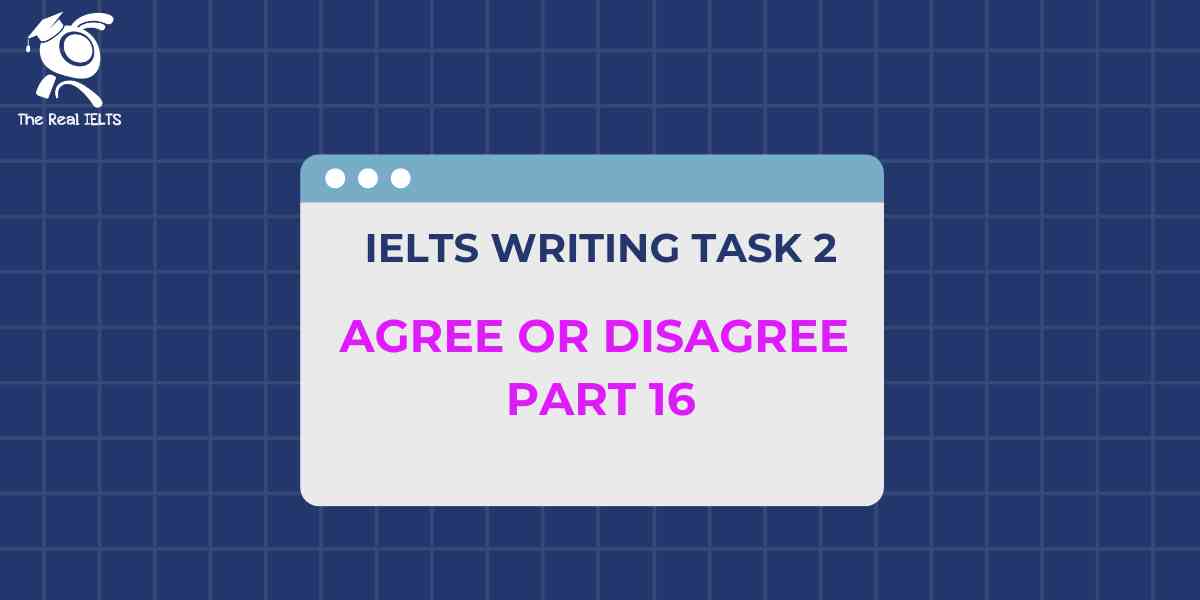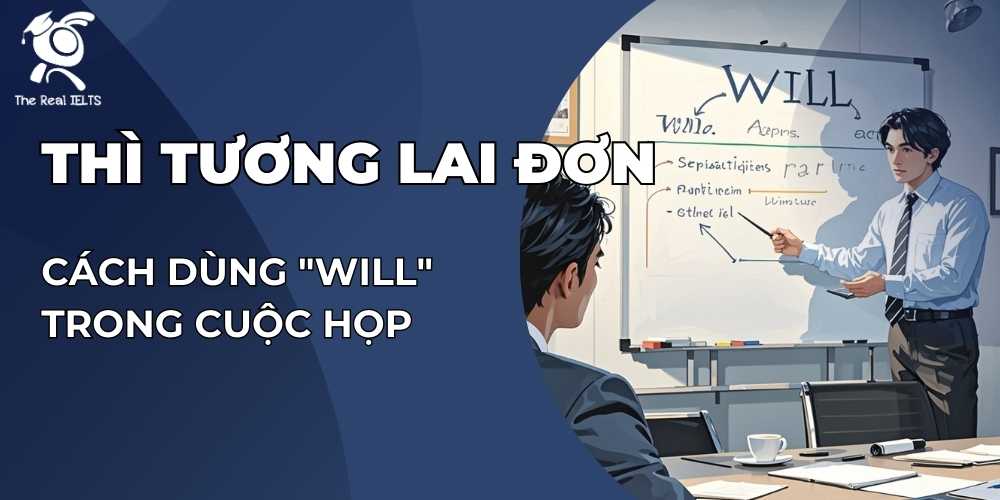IELTS Reading 2: Exploitation of natural resources là chủ đề thuộc chuỗi bài luyện tập 11 dạng bài IELTS Reading và các bài tập luyện tập.
Học lại bài cũ: IELTS Reading 1: The Impact of Climate Change.
IELTS Reading: Exploitation of natural resources
Natural resources are essential to human life, providing everything from food to energy to raw materials for production. However, the way humans exploit these resources has raised significant environmental concerns. As populations grow and consumption increases, the demand for natural resources has escalated. This has led to deforestation, mining, overfishing, and the depletion of fossil fuels, each of which carries its own set of environmental and social impacts.
One of the primary resources being exploited is forests. Deforestation for agriculture, logging, and urban development results in the destruction of habitats for countless species, and contributes to climate change due to the reduction in carbon-absorbing trees. The loss of forests not only affects biodiversity but also disrupts local communities that depend on these areas for their livelihoods. Moreover, the release of stored carbon dioxide from felled trees contributes to the greenhouse effect, further exacerbating global warming.
Another major area of concern is the extraction of fossil fuels. Coal, oil, and natural gas are extracted from the Earth to meet the energy needs of growing populations. While these resources provide reliable energy, their extraction and use have severe environmental impacts. Oil spills can devastate marine ecosystems, while the burning of fossil fuels is one of the leading contributors to air pollution and climate change. The depletion of fossil fuels also raises questions about the sustainability of our current energy practices and the need to transition to renewable energy sources.
Mining is yet another activity with far-reaching environmental and social consequences. The extraction of minerals such as gold, copper, and aluminum often involves removing large amounts of soil and rock, which can lead to soil erosion and loss of habitat. Mining activities frequently contaminate local water supplies with toxic substances, endangering both wildlife and human health. Additionally, mining projects can displace communities, leading to conflicts over land rights and resource access.
Overfishing is another example of unsustainable resource exploitation. As demand for seafood has risen, many fish populations have been overharvested, leading to a decline in marine biodiversity and the collapse of certain fish stocks. This not only affects the balance of ocean ecosystems but also threatens the food security of communities that rely on fish as a primary source of protein. Efforts to regulate fishing practices and protect marine habitats have been implemented in some regions, but illegal, unregulated fishing remains a significant problem.
The overuse of natural resources is closely linked to economic growth and industrial development. Nations around the world seek to boost their economies by exploiting available resources, often at the cost of environmental health. Industrialized countries have long benefited from the extraction and consumption of resources, while developing nations are now increasingly engaging in these activities to improve their economic standing. This raises questions about the fairness and sustainability of current global resource consumption patterns.
To address these issues, many experts advocate for a shift towards sustainable development practices. This involves using resources at a rate that allows them to regenerate, minimizing waste, and investing in renewable energy sources. International organizations, governments, and non-profit groups are working together to develop policies and strategies aimed at reducing the impact of resource exploitation on the environment. Public awareness and education about the consequences of resource depletion also play a crucial role in encouraging more sustainable practices.
Despite these efforts, the challenge remains immense. Balancing the need for resources with environmental protection requires cooperation at all levels of society. Individuals, communities, businesses, and governments must work together to find innovative solutions that will ensure resources are available for future generations. Only by recognizing the interconnectedness of human and environmental health can societies hope to create a sustainable future.
Question
1. Multiple Choice (Chọn đáp án đúng)
Question: What is one of the main environmental impacts of deforestation?
- A. Increase in local employment
- B. Release of carbon dioxide into the atmosphere
- C. Improved agricultural productivity
- D. Increased biodiversity in forest areas
2. True/False/Not Given (Đúng/Sai/Không có thông tin)
Questions:
- Overfishing is only a problem in countries with large coastal areas.
- Developing nations exploit resources primarily for industrial development.
- Renewable energy sources have completely replaced fossil fuels in many countries.
3. Yes/No/Not Given (Có/Không/Không có thông tin)
Questions:
- The author believes that deforestation contributes to climate change.
- Overfishing has no impact on marine biodiversity.
- The text suggests that individuals alone can solve resource exploitation issues.
4. Matching Information (Ghép thông tin)
Question: Match the following statements with the corresponding paragraphs (A, B, C, etc.):
- ___ Depletion of fossil fuels raises sustainability questions.
- ___ International cooperation is essential for sustainable resource use.
- ___ Forest loss affects both biodiversity and local communities.
5. Matching Headings (Ghép tiêu đề)
Question: Choose the correct heading for each paragraph from the list of headings (i-vi):
- Deforestation and its impacts
- Exploitation of fossil fuels
- Resource exploitation in developing countries
- Solutions for sustainable resource management
- The role of renewable energy
- Environmental and social impacts of mining
6. Matching Sentence Endings (Ghép kết thúc câu)
Question: Complete each sentence by choosing the correct ending from the list.
- Deforestation for agriculture results in…
- The extraction of fossil fuels has led to…
- Many fish populations are at risk because…
Endings:
- A. loss of habitat for numerous species.
- B. increased competition among local fishermen.
- C. significant marine pollution.
- D. toxic substances contaminating water sources.
7. Sentence Completion (Hoàn thành câu)
Questions: Complete the sentences below with NO MORE THAN TWO WORDS from the text.
- Deforestation contributes to climate change by releasing _________ into the atmosphere.
- Overfishing can affect _________ of communities that rely on fish as a food source.
- ___________ are often removed during mining activities, leading to soil erosion.
8. Summary Completion (Hoàn thành bản tóm tắt)
Question: Complete the summary below using words from the box.
- Box: biodiversity, extraction, communities, climate change, renewable energy, forest loss
Summary:
The exploitation of natural resources has various impacts on the environment. Deforestation causes ___________ due to carbon release. Mining often harms local ___________ and leads to soil erosion. To mitigate these effects, many advocate for the transition to ___________.
9. Diagram Label Completion (Hoàn thành nhãn sơ đồ)
Question: Label the diagram below with information from the reading passage. Diagram: A simple chart showing the process of deforestation, fossil fuel extraction, and overfishing with impacts such as habitat loss, climate change, and species depletion.
- Label A: ___________
- Label B: ___________
- Label C: ___________
10. Short Answer Questions (Câu hỏi trả lời ngắn)
Questions: Answer the following questions with NO MORE THAN THREE WORDS.
- What can cause soil erosion and loss of habitat during extraction activities?
- Besides environmental health, what other factor must be considered in resource management?
- Who is involved in developing strategies to reduce resource exploitation impacts?
11. Table/Flowchart/Note Completion (Hoàn thành bảng/sơ đồ dòng/chú thích)
Question: Complete the table below using information from the passage.
| Type of Resource | Impact of Exploitation | Environmental Consequence |
|---|---|---|
| Forests | ___________ | Climate change, biodiversity loss |
| Fossil fuels | Extraction and burning | Air pollution, ___________ |
| Fish | ___________ | Marine biodiversity decline |
Answers
1. Multiple Choice (Chọn đáp án đúng)
Question: What is one of the main environmental impacts of deforestation?
Answer: B. Release of carbon dioxide into the atmosphere
2. True/False/Not Given (Đúng/Sai/Không có thông tin)
- Overfishing is only a problem in countries with large coastal areas.
Answer: Not Given - Developing nations exploit resources primarily for industrial development.
Answer: True - Renewable energy sources have completely replaced fossil fuels in many countries.
Answer: False
3. Yes/No/Not Given (Có/Không/Không có thông tin)
- The author believes that deforestation contributes to climate change.
Answer: Yes - Overfishing has no impact on marine biodiversity.
Answer: No - The text suggests that individuals alone can solve resource exploitation issues.
Answer: No
4. Matching Information (Ghép thông tin)
- Depletion of fossil fuels raises sustainability questions.
Answer: Paragraph C (Fossil Fuels) - International cooperation is essential for sustainable resource use.
Answer: Paragraph G (Solutions for Sustainability) - Forest loss affects both biodiversity and local communities.
Answer: Paragraph B (Deforestation)
5. Matching Headings (Ghép tiêu đề)
- Paragraph B: Deforestation and its impacts
- Paragraph C: Exploitation of fossil fuels
- Paragraph E: Resource exploitation in developing countries
- Paragraph G: Solutions for sustainable resource management
- Paragraph D: The role of renewable energy
- Paragraph F: Environmental and social impacts of mining
6. Matching Sentence Endings (Ghép kết thúc câu)
- Deforestation for agriculture results in…
Answer: A. loss of habitat for numerous species. - The extraction of fossil fuels has led to…
Answer: C. significant marine pollution. - Many fish populations are at risk because…
Answer: B. increased competition among local fishermen.
7. Sentence Completion (Hoàn thành câu)
- Deforestation contributes to climate change by releasing carbon dioxide into the atmosphere.
- Overfishing can affect food security of communities that rely on fish as a food source.
- Soil and rock are often removed during mining activities, leading to soil erosion.
8. Summary Completion (Hoàn thành bản tóm tắt)
The exploitation of natural resources has various impacts on the environment. Deforestation causes climate change due to carbon release. Mining often harms local communities and leads to soil erosion. To mitigate these effects, many advocate for the transition to renewable energy.
9. Diagram Label Completion (Hoàn thành nhãn sơ đồ)
Diagram Labels:
- Label A: Deforestation
- Label B: Fossil Fuel Extraction
- Label C: Overfishing
10. Short Answer Questions (Câu hỏi trả lời ngắn)
- What can cause soil erosion and loss of habitat during extraction activities?
Answer: Mining activities - Besides environmental health, what other factor must be considered in resource management?
Answer: Social impacts - Who is involved in developing strategies to reduce resource exploitation impacts?
Answer: Governments and NGOs
11. Table/Flowchart/Note Completion (Hoàn thành bảng/sơ đồ dòng/chú thích)
| Type of Resource | Impact of Exploitation | Environmental Consequence |
|---|---|---|
| Forests | Deforestation | Climate change, biodiversity loss |
| Fossil fuels | Extraction and burning | Air pollution, climate change |
| Fish | Overfishing | Marine biodiversity decline |















